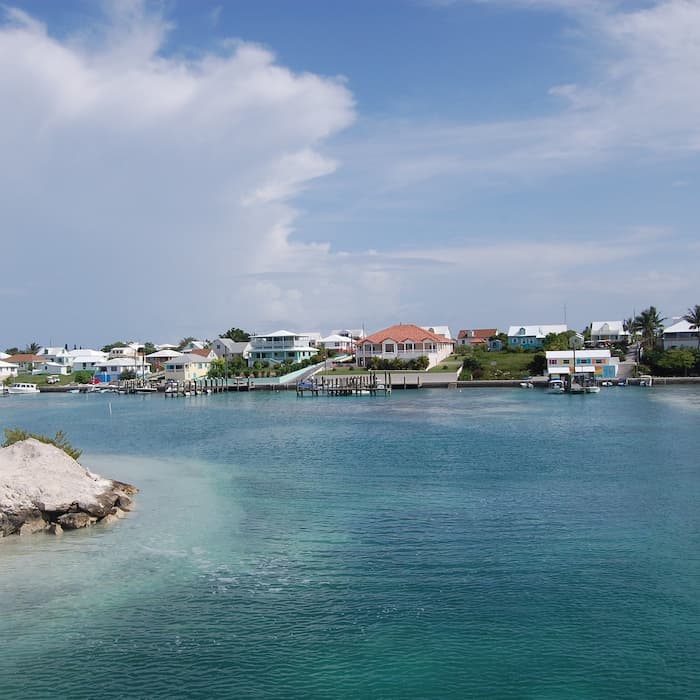Offshore
The Bahamas Position For Digital Assets Growth

There is a diverse patchwork of regulations for digital assets among IFCs, ranging from the restrictive to the relatively liberal. The Bahamas is crafting a regime to attract business while being mindful of staying on the right side of AML and other controls, it says.
Policymakers in The Bahamas have lauded 2020 legislation that regulates digital assets, an increasingly talked-about area in wealth management worldwide. And the government is also launching a white paper to explore further changes to the sector.
The term “digital assets,” covering areas ranging from cryptocurrencies such as bitcoin to non-fungible tokens (NFTs), is continuing to evolve. (This news service has examined how these entities affect wealth management here.) Boston Consulting Group and Singapore-based ADDX have predicted that the market for “asset tokenization” alone could be worth as much as $16.1 trillion by the end of the decade, driven by a desire to make it easier to invest in assets once beyond ordinary investors’ reach.
The “DARE” (Digital Assets and Registered Exchanges Act), 2020, has enabled The Bahamas to attain the number one world ranking on Solidus Labs’ recent Global Crypto Index ranking for digital assets regulations that both protect consumers and encourage innovation, Attorney-General and Minister of Legal Affairs of The Bahamas, Senator L Ryan Pinder, told a recent conference in Panama.
In order to be successful at handling digital assets and inspire consumer confidence, financial institutions need government and regulatory support, Pinder said. He added that the Caribbean is a safe jurisdiction in which to do business; it keeps bad actors out.
"The jurisdiction has issued Anti-Money Laundering, Countering Financing of Terrorism and Countering Financing of Proliferation Rules [that are] specific [to] registered digital assets businesses, which we believe capture the spirit and meet the technical requirements of the Financial Action Task Force’s Recommendations, including those specific to new, virtual assets service providers and the Travel Rule,” he said.
Bitcoin and other cryptocurrencies have risen rapidly in recent years, although price action has been volatile. Since the start of 2022, prices have slumped, mirroring to some extent the wider sell-off of tech stocks as central banks have started to tighten monetary policy to fight inflation. Rapid growth in digital assets has raised the need for rules and regulators to keep pace.
"Despite this, many jurisdictions had not introduced any legal or regulatory framework that specifically addressed digital assets, and in cases [where] they had, there were discrepancies and gaps in the global regulatory framework. This is still the case,” Pinder said.
"The digital asset space has long been targeted by nefarious players due to several of its features and had become a place for criminal actors trying to hide their presence and activity, with minimal or no regulation,” Pinder said.
"Therefore, in choosing whether to regulate the space or not, it was vital that we demonstrate The Bahamas’ full-throated commitment to the global fight against money laundering, terrorist financing and proliferation financing,” he said.
The DARE Act provides the Securities Commission of The Bahamas with the power and scope to regulate, monitor and supervise the issuance of digital asset business in the Bahamas, with suitable functions and powers, the jurisdiction’s government says. The regulatory framework establishes a risk-based approach for the supervision of digital assets' business, inclusive of registration and ongoing supervision requirements.
The jurisdiction is launching a white paper to set out how to capture opportunities in the space focused on decentralized finance (DeFi); NFTs, stablecoins and asset-referenced tokens. The document will also explore how to strengthen the DARE regulatory framework and attract more business to The Bahamas.